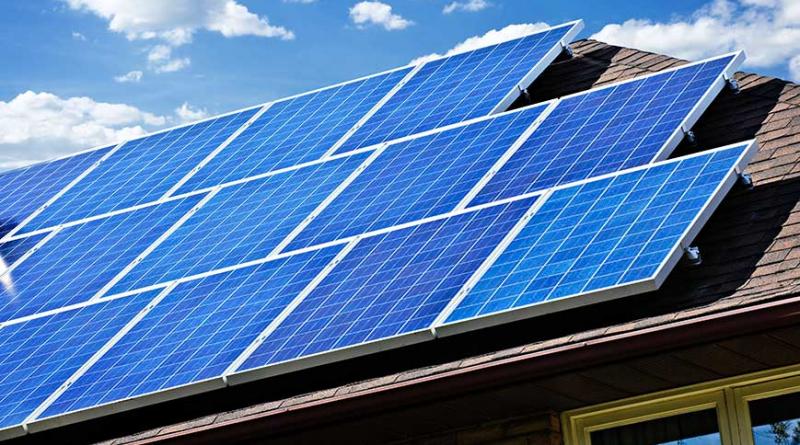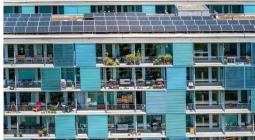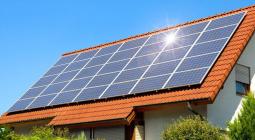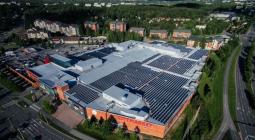Study shows rooftop solar pushing fossil fuels off of Australian electricity grid.

Strong growth in rooftop solar installations has continued to push coal fired generation out of the Australian electricity market, a new audit of the National Electricity Market has shown.
The latest edition of the National Energy Emissions Audit published by The Australia Institute found that the initial impact of disruptions caused by the Covid-19 pandemic has had a small impact on electricity consumption. At the same time, the continued strong growth in uptake of rooftop solar, which supplied more than 16 per cent of South Australia’s total electricity consumption over the last summer, and 7.7 per cent of Queensland’s consumption over the same period, has worked to drive fossil fuel generators out of the market.
Analysis of the rooftop solar market has shown that 2019 was another record year for new installed capacity on homes and small businesses, with the accelerating pace of installations continuing for at least the first four months of 2020.
To illustrate that growth, the audit showed the share of rooftop solar in total generation in South Australia has jumped from 10.1 per cent to its latest level of 16 per cent in the first quarter, while in Queensland it jumped from 5 per cent to 7.7 per cent.
“Without rooftop solar, gas generation in South Australia would have had to supply 20 per cent more electricity in summer 2017-18 and 44 per cent more in summer 2019-20,” it says. Coal would have had to rise by 10 per cent last summer.
Based on this strong growth, the National Energy Emissions Audit predicts that the annual share of renewable energy in Australia will top 25 per cent for the first time in the year to April 2020. This growth in rooftop solar, along with growth in generation from large-scale wind and solar projects, is succeeding at pushing coal fired generation out of the market. Over the 2020 Easter weekend, the share of electricity consumption in Australia’s main grid being supplied by renewable energy projects exceeded 50 per cent for the first time.
11 May 2020
IEEFA




